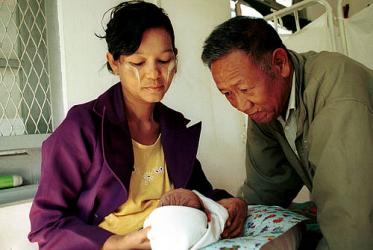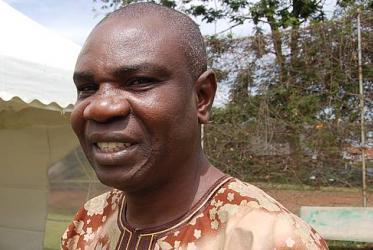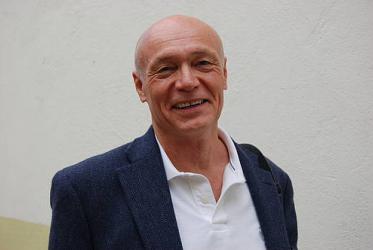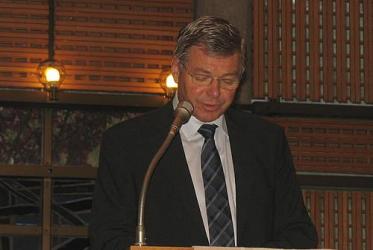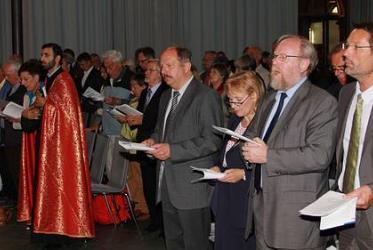Displaying 1041 - 1060 of 1145
23 November 2011
Working for eco-justice is the mission of church
07 November 2011
A toolmaker for HIV and AIDS awareness in Lusophone Africa
03 November 2011
Ecumenical Water Network breaks new ground
03 November 2011
Challenging gender inequity in pursuit of women's health
02 November 2011
A month of health and healing in November
01 November 2011
Seeking government partnership for water justice
31 October 2011
Climate change is at its root a spiritual crisis
28 October 2011
Sustainable water projects need ownership
28 October 2011
Ecumenical journal analyses greed in global economics
27 October 2011
WCC supports Ecuador’s Yasuni project
13 October 2011
Accelerating the church's response to HIV
11 October 2011
Praying and reflecting on World Mental Health Day
10 October 2011
Raising ethical dimensions in debate on climate justice
22 September 2011
Mobilizing youth and women to reduce HIV
22 September 2011
WCC general secretary: Peace and justice gain momentum
14 September 2011
Time for Creation 2011: A call to pray, reflect and act
14 September 2011
WCC Executive Committee in Ethiopia exposed to famine situation
13 September 2011







